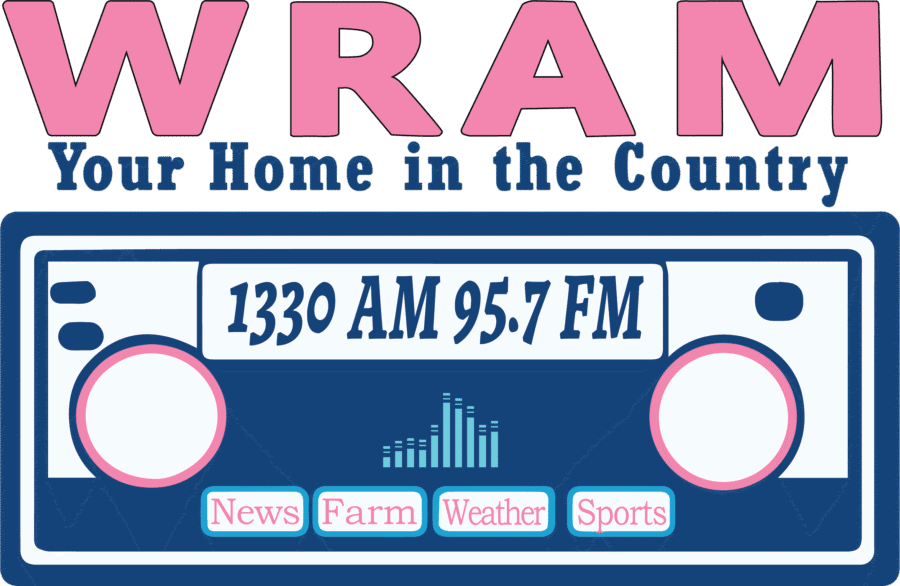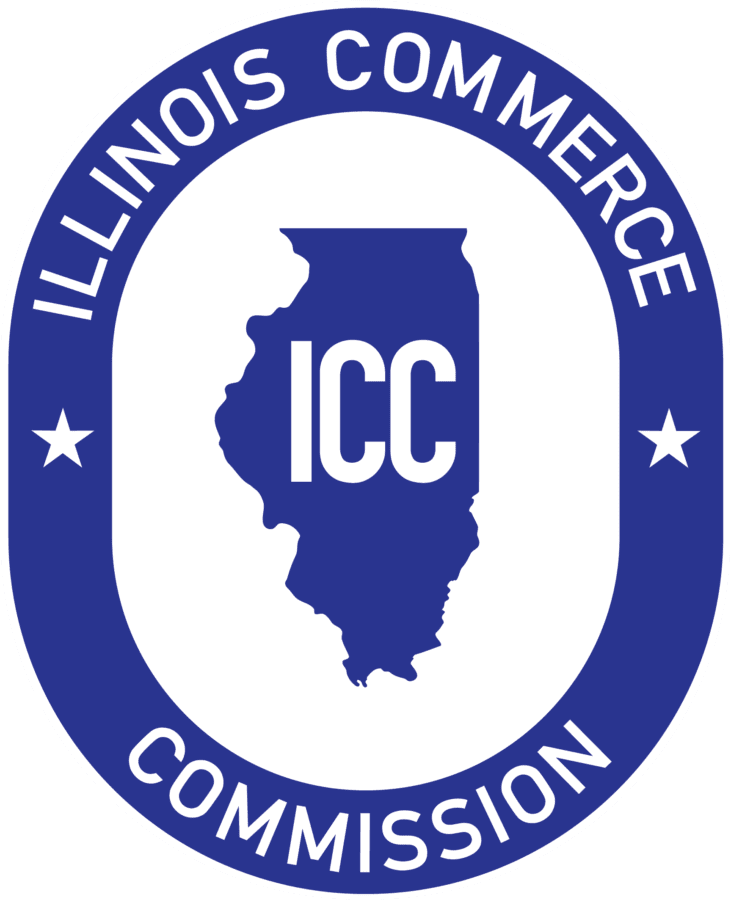The Illinois Commerce Commission (ICC) is encouraging eligible natural gas customers to enroll in the state’s new Low-Income Discount Rates. Beginning October 2024, these rates will offer a 5-83 percent monthly bill credit for qualifying customers based on a five-tier system. Discount tiers are based on income, household size, and the cost of utility service offered in the area.
“Families shouldn’t have to decide between putting food on the table or heating their homes this winter. The state’s new Low-Income Discount Rates will make it easier for low-income families to manage their gas bills,” said ICC Chairman Doug Scott.
In 2023, the ICC ordered Illinois’ largest investor-owned gas, electric, and water companies to provide discount rates for eligible customers whose incomes are at or below 300 percent of the Federal Poverty Level (FPL). As a part of the ICC’s decision, participating utilities will be required to submit annual reports documenting cost-reduction from the program.
Customers already enrolled in the state’s Low-Income Home Energy Assistance Program (LIHEAP) will automatically be enrolled in the Low-Income Discount Rate program. These customers must apply to LIHEAP annually to maintain their enrollment. Customers not currently eligible for LIHEAP, but whose income falls within 201-300 percent of the FPL will still qualify for a 5 percent discount by self-reporting their eligibility to their utility.
Eligibility tiers and monthly discount rates are listed below:
Low Income Discount Rates for electric and water utilities are expected to be offered in 2025.
Customers struggling to pay their utility bills are encouraged to apply for LIHEAP via their local Community Action Agency and can access utility-specific assistance programs at the links below. LIHEAP applications open November 2, 2024, for all households.
Ameren Illinois Gas Energy Assistance Programs
Nicor Gas Energy Assistance Programs
North Shore Gas Energy Assistance Programs
Peoples Gas Energy Assistance Programs
About the Illinois Commerce Commission
The Illinois Commerce Commission (ICC) is a quasi-judicial body made up of five Commissioners. Through its Public Utility Program, the Commission oversees the provision of adequate, reliable, efficient, and safe utility services at the least possible cost to Illinois citizens served by electric, natural gas, telecommunications, water, and sewer public utility companies. Through its Transportation Regulatory Program, the Commission oversees public safety and consumer protection programs with regard to intrastate commercial motor carriers of general freight, household goods movers, relocation towers, safety towers, personal property warehouses and repossession agencies. The Commission’s Rail Safety Program also inspects and regulates the general safety of railroad tracks, facilities, and equipment in the state.
To learn more about the Commission, its offices, and bureaus, click here. If you are a consumer who needs help resolving a utility dispute call 800-524-0795 or file an online complaint here. For a complaint related to transportation, call 217-782-6448.
Follow the Illinois Commerce Commission on social media @ILCommerceComm
***Courtesy of the Illinois Commerce Commission***







